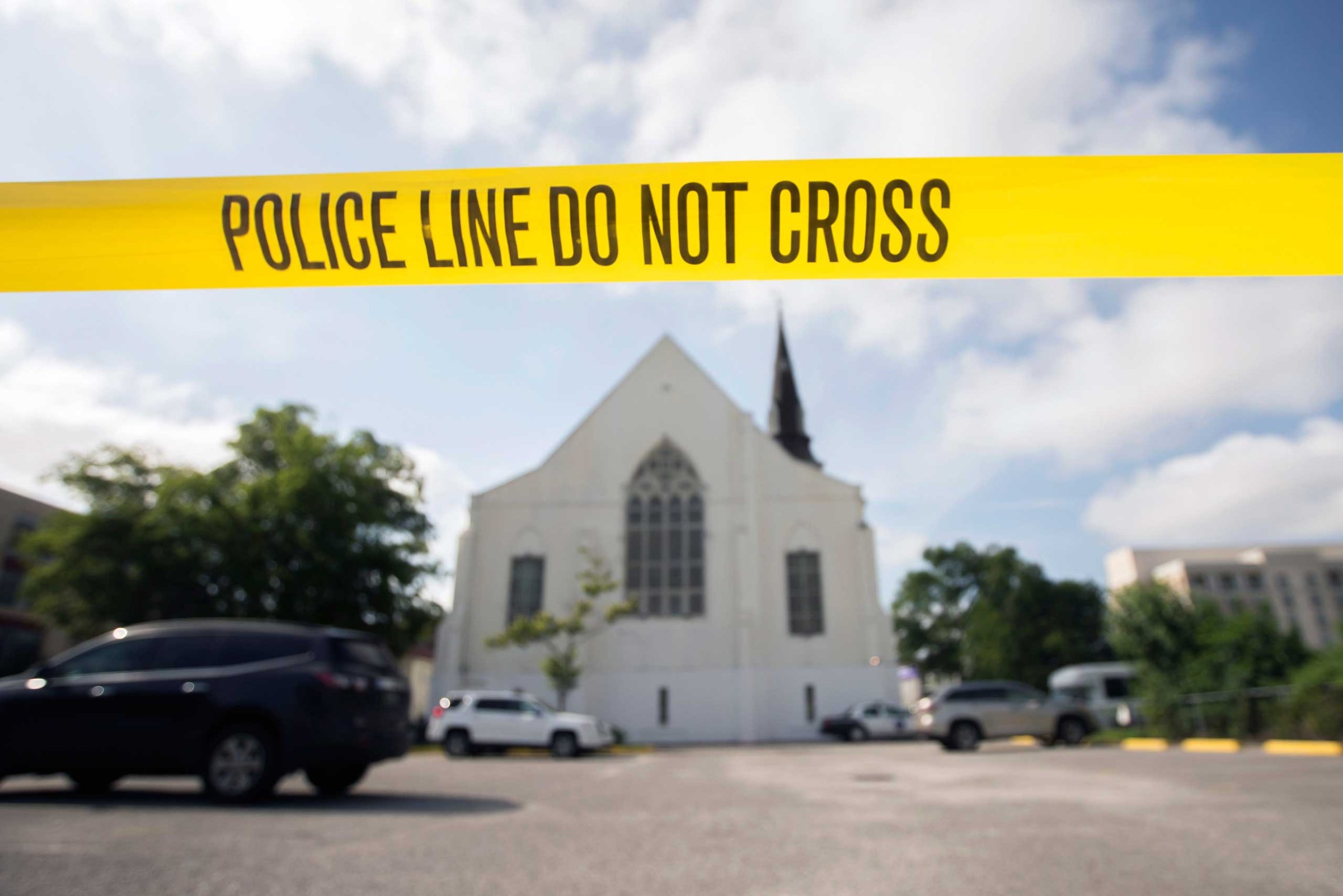
When associate pastor Brian Ulch is preaching at Trinity Lighthouse Church in Denison, Texas, he’s armed with a Glock. It sits on his right side just under his suit jacket or dress shirt. And when he’s not preaching, he’s training other churchgoers around the state to protect themselves and others.
“We feel like we owe it to our congregation to engage any type of threat,” Ulch says. “If people aren’t willing to combat a threat, then they’re making themselves vulnerable.”
Since the shooting at a historically black church in Charleston, S.C., that killed nine people Wednesday, gun control is once again in the spotlight. But this time, some gun control advocates have focused on a lack of security at many places of worship around the country.
Concealed weapons are often banned at church, and some—most recently GOP presidential candidate Mike Huckabee—are calling for more security and more armed pastors and churchgoers. At least one business owner in Tulsa, Okla., has offered free gun training to local pastors.
Many pastors argue that arming congregants goes against religious teachings of non-violence and that guns have no place in a place of worship. Many states, including South Carolina, specifically prohibit guns in church. “The presence of a cross in our sanctuary reminds us that God’s response to violence is never greater violence,” Pastor Baron Mullis of Atlanta’s Morningside Presbyterian Church told WGCL-TV. “This is a place of peace. … This is not a place for guns.”
But increasingly, churchgoers are able to pack heat in the pews if they wish. A number of states have recently passed laws allowing concealed weapons in churches, including Arkansas, Louisiana, Illinois and North Dakota. Bryan Crosswhite, president of 2AO, an organization that advocates for Second Amendment rights, says that roughly 25 states allow concealed carry weapons in churches. But after the shooting in Charleston, his group is pushing for more states to open up their churches to firearms.
“Churches are often gun-free zones,” Crosswhite says. “That makes them a major target for those who go to worship. In most churches, the congregation has their back to the doors. People could walk right in and shoot so many people if you don’t have a plan in place.”
Several organizations specifically work with churches to arm congregants that volunteer to provide security. Chuck Chadwick, founder and president of the National Organization for Church Security and Safety, says that his organization has worked with thousands of churches since the group’s founding in 2005, including churchgoers who attend security seminars and pastors who go through gun training. “We train men and women to run toward the sound of gunfire,” Chadwick says.
NOCSSM has worked with churches around the country, but in Texas, where the organization is located, Chadwick says his group has trained hundreds of officers who are now deployed throughout the state. Since the Charleston shooting, Chadwick says he’s been getting flooded with calls from churches looking to boost their own security.
The shooting in Charleston has already reignited the push to allow guns in church, but it could potentially have a lasting effect on people of faith who no longer feel like their churches are sanctuaries from violence. Ulch, the associate pastor, doesn’t see it that way. “Personally, I would not attend a church if it didn’t have armed security,” he says. “There’s no other place where everyone is welcomed and people can come and go freely without question. I believe every ministry owes it to their people.”
More Must-Reads from TIME
- Cybersecurity Experts Are Sounding the Alarm on DOGE
- Meet the 2025 Women of the Year
- The Harsh Truth About Disability Inclusion
- Why Do More Young Adults Have Cancer?
- Colman Domingo Leads With Radical Love
- How to Get Better at Doing Things Alone
- Michelle Zauner Stares Down the Darkness
Contact us at letters@time.com